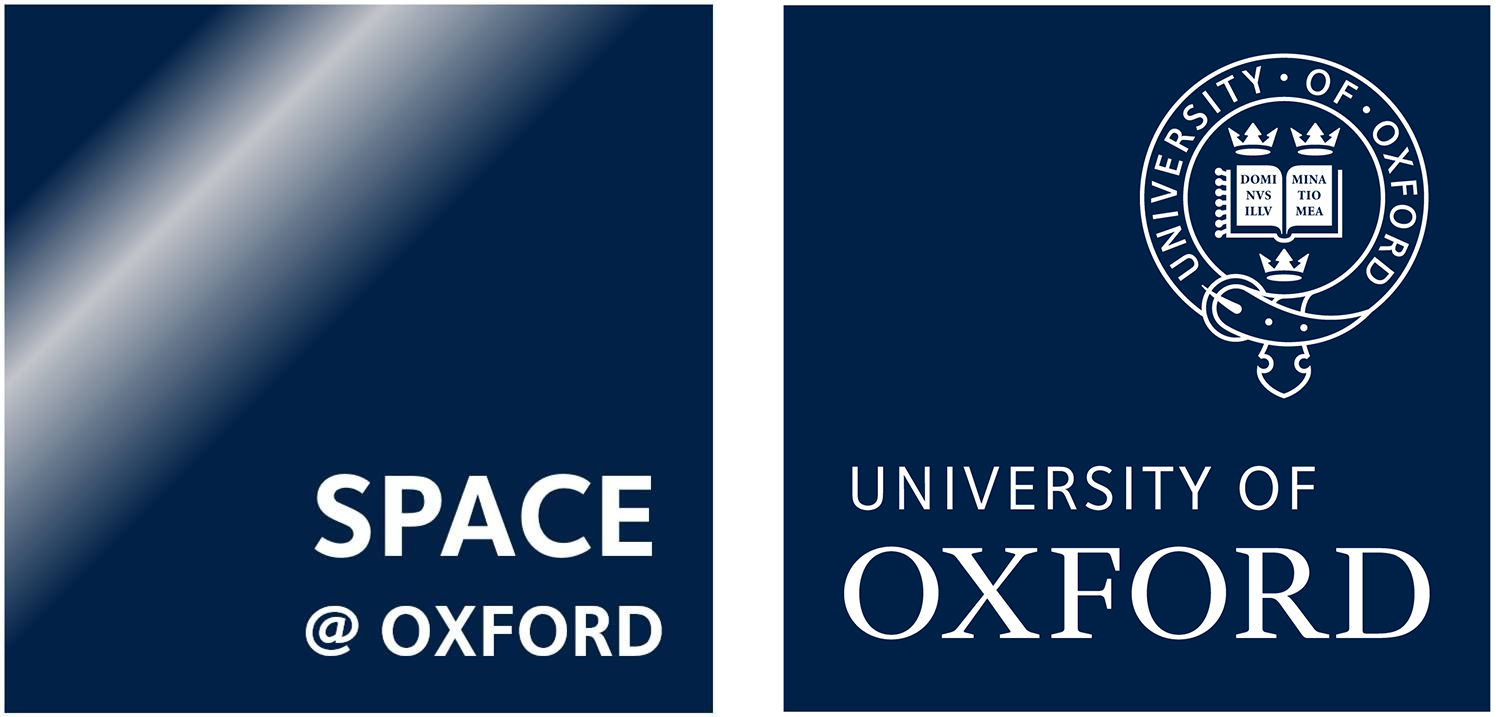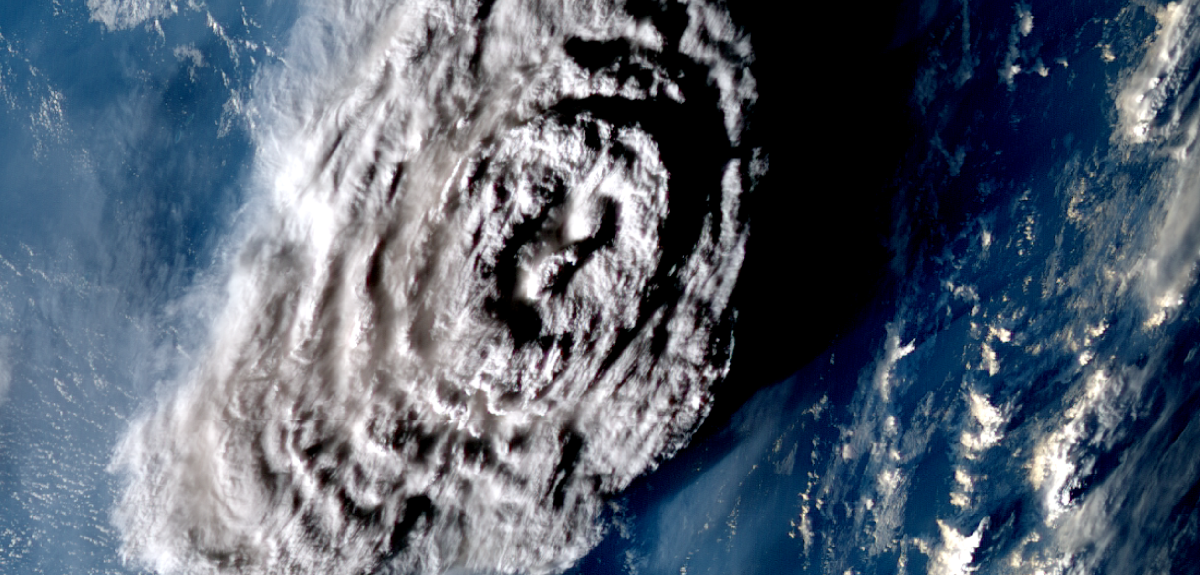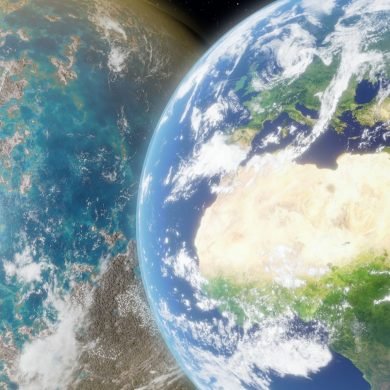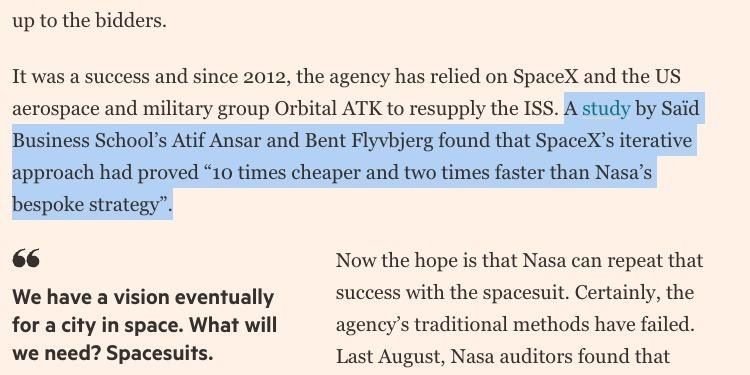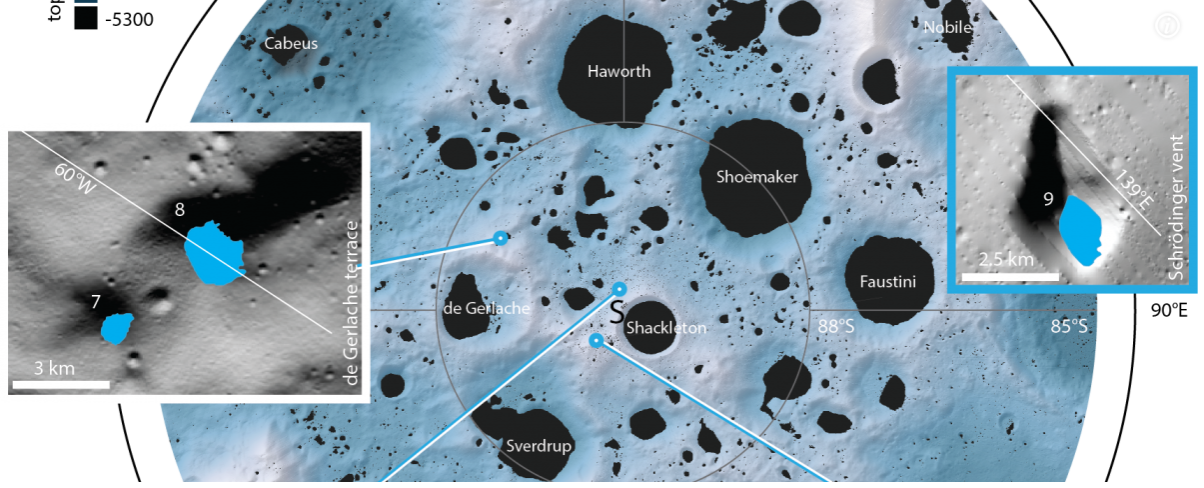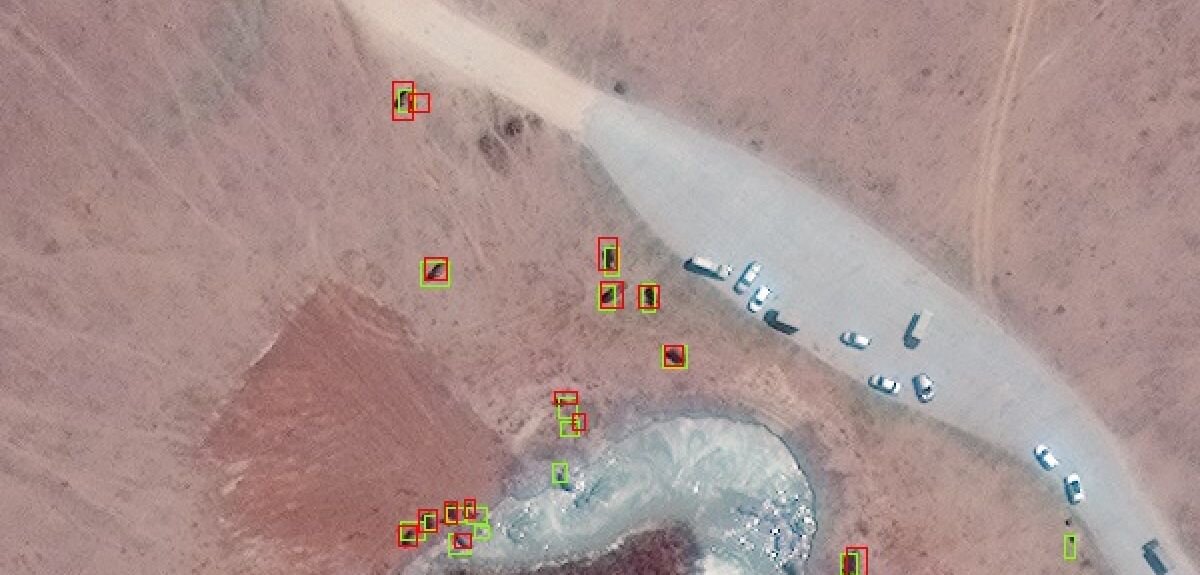University of Oxford Space Tech Conference
The University of Oxford is holding a Space Technology Conference on 7 November 2023 at St Hilda’s College, Oxford. The aim of the conference is to showcase what Oxford and its partners are doing related to space technology, and to engage the space community to uncover potential new collaborations for research and translation. We will also hold a number of breakout sessions geared to informing a new Oxford SpaceTech Institute that is currently being scoped.
Registration is free of charge, as the University is hoping to welcome engagement and seek input from stakeholders in space tech. This event is targeted at Oxford research leaders, space-sector industry, Government, public bodies and other research institutes. The event is also open to post-doctoral researchers directly involved in space tech.
Areas of focus for the conference include:
Robotics
Small spacecraft and instruments, from design and build to launch and operations
Digital (AI, downstream on-earth applications e.g. climate, natural disasters, nature)
Enabling business growth and investment
Propulsion, including hypersonics
Microgravity medical, materials and robotics experiments and solutions
A broader Space @ Oxford Annual Conference, covering other areas of space research at Oxford, will take place in July 2024.
For more information and the registration password, please contact: Connor D’Arcy (Space @ Oxford Coordinator): connor.darcy@mpls.ox.ac.uk. Please click the link below to register on the University of Oxford Online Store website:
Registration is now closed (fully booked!)
A special thanks to our partner organisation and conference sponsor:
Conference Event Programme
0830 – 0915
Registration, refreshments & networking (Brian Duke Foyer)
0915 – 0930
Conference Open—Welcome and Introduction (Edward Boyle Auditorium)
with Prof. Jim Naismith, Head of MPLS Division, University of Oxford
0930 – 0945
Opportunities and Challenges for the UK Space Sector (Edward Boyle Auditorium)
with John Abbott, CEO, Satellite Applications Catapult
0945 – 1045
Plenary talk—Planetary Stewardship (Edward Boyle Auditorium)
with Prof Tom Harwood, Associate Director of the Environmental Change Institute, University of Oxford
Space enabled Connected Thriving Places (Edward Boyle Auditorium)
with Zoe Metcalfe, Client Director of Buildings and Places, AtkinsRéalis
AI for Addressing the Recovery of Nature (Edward Boyle Auditorium)
with Dr Olga Isupova, Smith School of Enterprise and the Environment, University of Oxford
1045 – 1115
Refreshments & networking (Brian Duke Foyer)
1115 – 1215
Plenary talk—Space Exploration (Edward Boyle Auditorium)
with Prof Neil Bowles, Professor of Planetary Science, University of Oxford
Technology for Exploring the Universe and the Search for Life (Edward Boyle Auditorium)
with Dr Andrew Siemion, Director of Breakthrough Listen Oxford Hub & Director of Berkeley SETI Research Center, University of California, Berkeley
Communications and Materials for Space (Edward Boyle Auditorium)
with Prof Yang Hao, Professor of Antennas and Electromagnetics, Queen Mary, University of London
Closing the Simulation Gap in Learning Crater Segmentation with Planetary Simulators (Edward Boyle Auditorium)
with Dr Matthew Gadd, Mobile Robotics Group, Oxford Robotics Institute, University of Oxford
1215 – 1330
Lunch, refreshments & networking (Brian Duke Foyer)
1330 – 1430
Plenary talk—Industrialisation of Low Earth Orbit (Edward Boyle Auditorium)
with Michael Curtis-Rouse, Head of In-Orbit Servicing & Manufacturing, Satellite Applications Catapult
AI Onboard Spacecraft for Rapid Data Processing and Situational Awareness (Edward Boyle Auditorium)
with Dr Gunes Baydin, Lecturer in Computer Science, University of Oxford
Microgravity Experiments on Ageing and Immune Systems (Edward Boyle Auditorium)
with Dr Ghada Alsaleh, Botnar Institute, Nuffield Department of Orthopaedics, Rheumatology and Musculoskeletal Sciences, University of Oxford
Entry to the Earth and Other Atmospheres (Edward Boyle Auditorium)
with Prof. Matt McGilvray, Professor of Engineering Science, Oxford Thermofluids Institute, University of Oxford
1430 – 1440
Introduction to Workshop Sessions (Edward Boyle Auditorium)
with Dr Simon Jackman, Senior Innovation Fellow, Innovation & Business Partnerships, University of Oxford
1445 – 1540
Consultation Workshops Session 1 (various rooms)
Please note: workshops are repeated twice for delegates to attend and contribute to a different stream each session.
Stream 1: spacecraft, space stations and instruments
Stream 2: robotics and digital facilities (e.g. AI, simulation, visualisation)
Stream 3: supporting business growth, working with governments and the public
1540 – 1600
Refreshments & networking (Brian Duke Foyer)
1600 – 1645
Consultation Workshops Session 2 (various rooms)
Please note: workshops are repeated twice for delegates to attend and contribute to a different stream each session.
Stream 1: spacecraft, space stations and instruments
Stream 2: robotics and digital facilities (e.g. AI, simulation, visualisation)
Stream 3: supporting business growth, working with governments and the public
1650-1700
Closing Remarks (Edward Boyle Auditorium)
with Dr Simon Jackman, Senior Innovation Fellow, Innovation & Business Partnerships, University of Oxford
What have Oxford space researchers ever done for us?
Space @ Oxford is an interdisciplinary research network to encourage and help facilitate space-domain research and its translation across the University of Oxford; and market the University’s capabilities to the external world, leading to collaborations and funding opportunities. We now have 100 Oxford academic members from all University divisions and 18 departments. And we’re still growing!
For more information and membership enquiries, please contact: connor.darcy@mpls.ox.ac.uk.
